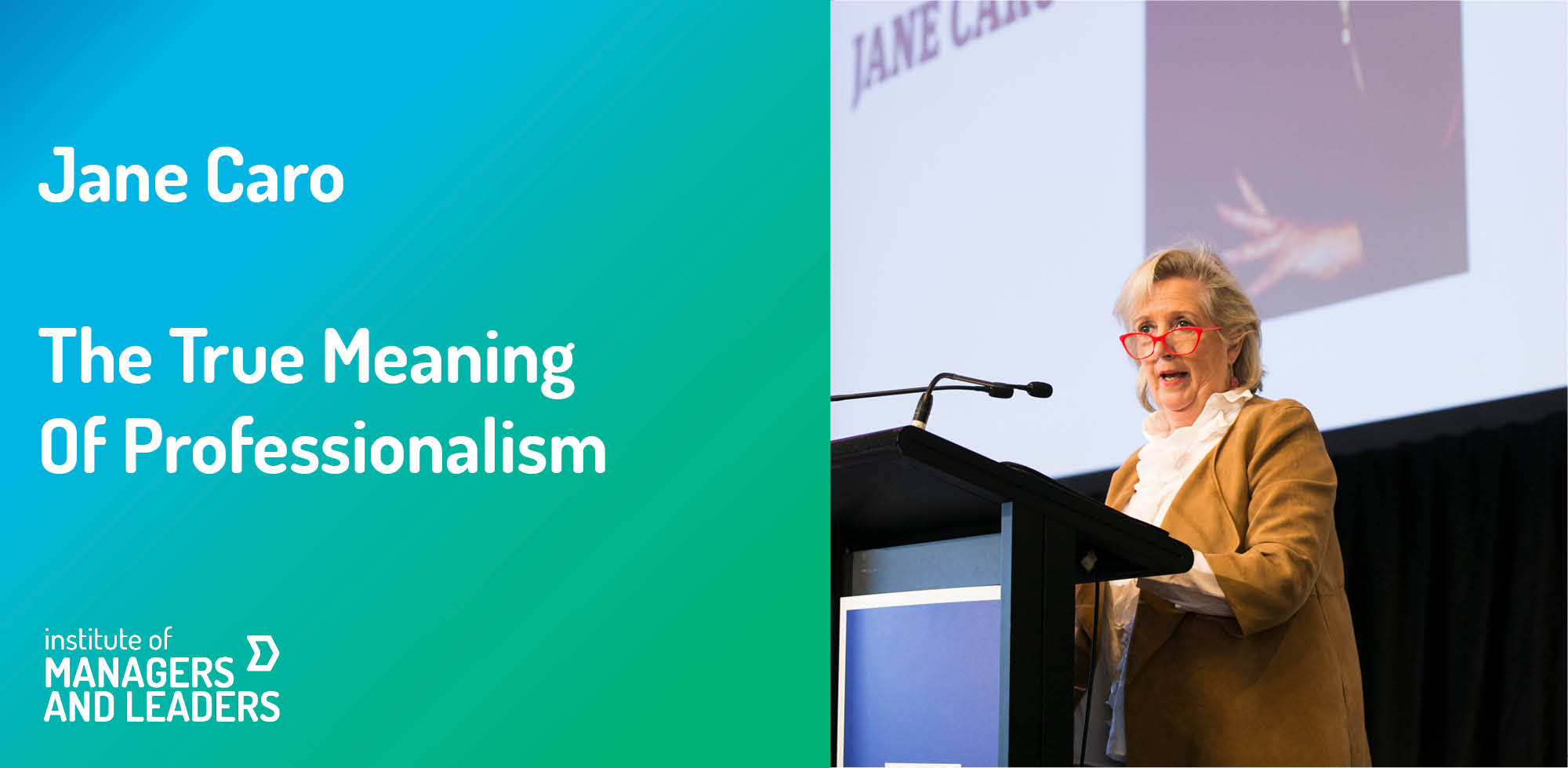One of my (many) professions these days is a public speaker. I often attend conferences in all sorts of sectors that I would never otherwise get to see up close and personal.
It’s a great privilege and generally I learn two things. The first is that every sector and industry think the challenges they struggle with are unique to them – but they’re not. Everyone, regardless of where they work, is living in the same moment of time and is beset by the same trends and problems as the rest of the world.
The second is that a lot of people, especially when asked to present at an industry conference, confuse being a professional with being a robotic, bland and impersonal bore.
It’s as if they believe they must not allow any particle of their personality, humour or lived experience to intrude on their presentation. The result is not only eye-glazingly dull, but would have been much better handled if they’d simply distributed a copy of their (often endless) Powerpoint and remained seated while the audience read it.
The horror of your life intruding on your work has reached pathological proportions among some who strive to be taken seriously. I blame the pernicious phrase “work/life balance” for this epidemic. If you think about it, the idea simply does not make sense. Do you go to work when you are dead (dead inside, perhaps, in some jobs)? No. Well, in that case, work cannot be separated from life. It’s one part of it and that is all.
This false elevation of “work’’ as the only thing that exists outside of life may be part of the reason so many professionals appear allergic to letting anything personal slip out when they’re representing their job or employer. Sadly, such attempts at separation not only fail, they’re damaging.
When I mentored young aspiring career women (another profession of mine), I would often have to explain to them that a particularly nasty and inexplicable comment from a superior was what I called a toxic emotional fart. It was invariably an aside designed to make the young person feel inferior and was unnecessarily mean and annihilating. The young recipient of the bad smell had often spent days puzzling over it and may even have wept a few tears.
“A lot of people confuse being a professional with being a robotic, bland, impersonal bore.”
My explanation was that the toxic fart had nothing to do with the shaken young woman (or man). It was simply an unconscious expression of what occurs when so-called professionals suppress their humanity and have emotional baggage they will neither acknowledge nor deal with. The pressure of the things they ignore builds up until it must escape and when it does it covers all those nearby with its odour.
A professional is not just someone who turns up on time, follows through on their commitments, delivers work by the due date and knows their business – although all those things are important.
They’re not just people who deal fairly, honestly and ethically with their clients, colleagues and staff, important though that is. They don’t simply pay their appropriate taxes (yes, professionals do that, too, they’re also good citizens), and obey the laws of the land. Although they must do all of those and more.
A professional is a person who understands – not just their own job – but themselves. This matters because until you understand yourself – your motivations, vulnerabilities, weaknesses and toxic baggage (we all have some), you haven’t a hope in hell of understanding other people.
It’s called emotional intelligence and really professional managers have lots of it.
If you don’t, you can bore us all with stats and graphs and “consumer insights” until we’re blue in the face, but you’re not fooling anyone, except yourself.


